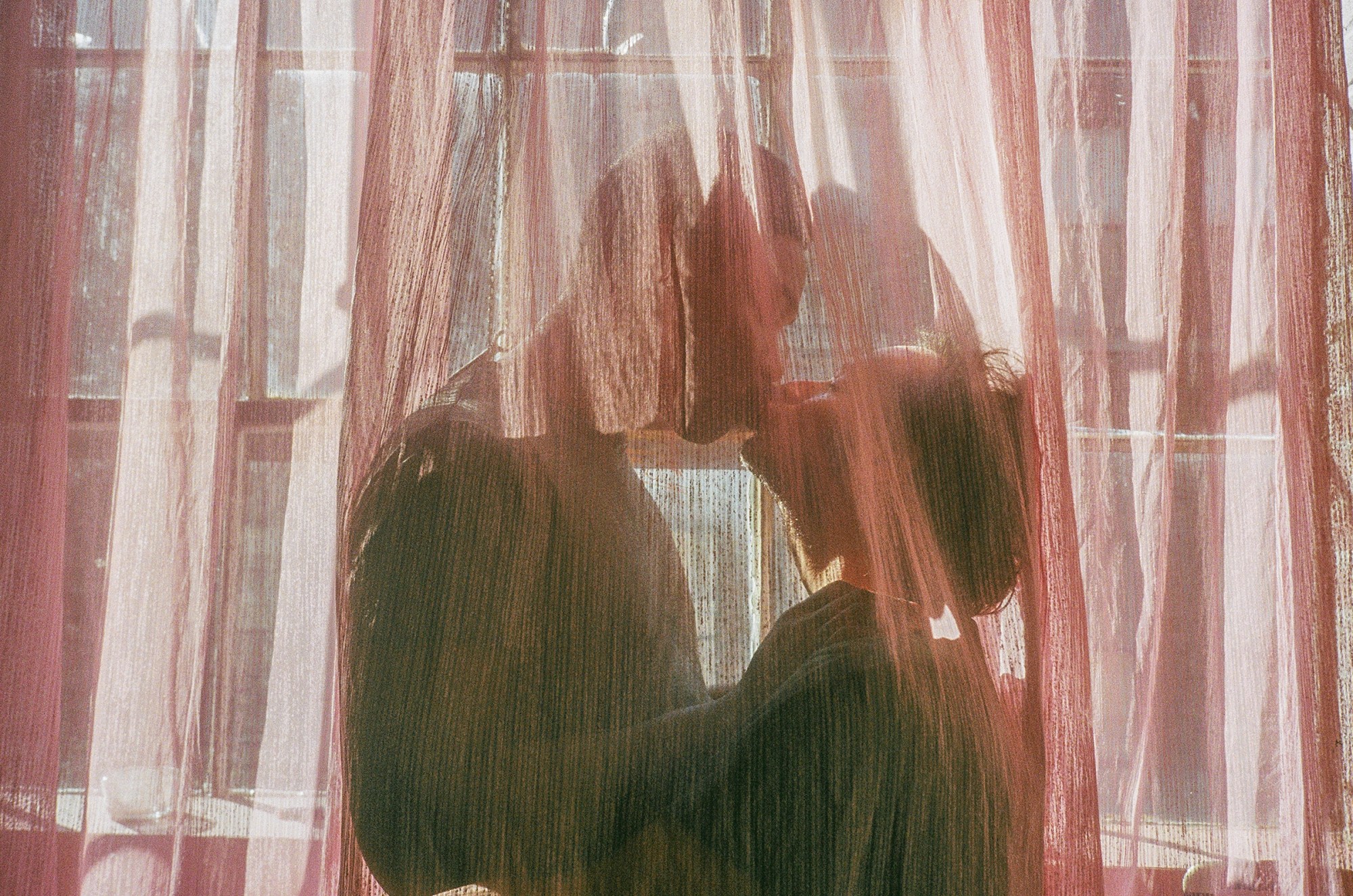Attitudes towards LGBTQ rights have a long way to go in Poland. One of seven countries in the EU that still ban same-sex marriage and one of five that don’t even allow same-sex civil unions, Poland’s constitution grants few basic rights for LGBTQ people. 29 years after the country became a democracy, few consider themselves to enjoy the same freedom or safety the country’s straight, cisgender citizens now do.
A host of different opinion polls around acceptance of gay and transgender men and women paint a depressing picture. In 2008, the Centre for Public Opinion Research found that 69 percent of Poles questioned, believed gays and lesbians shouldn’t be allowed to live openly in society. More recently, market research company IPSOS found that 80 percent of those questioned opposed adoption rights for gay couples. These attitudes, combined with a governing party who promote “traditional values”, and the influence of the Catholic Church over much of the country’s legislation and institutions, offer little promise of change for the foreseeable future.
But, as with many countries across the world, young people are stepping out of the shadows of their elders’ antiquated views; offering a glimmer of hope and optimism. The Palikot’s Movement — a political party that launched in 2011 with the aim of legalising same-sex unions — won 40 seats in the 460 seat lower house of Polish parliament, thus allowing Robert Biedron to become the first openly gay Polish mayor. Artistic campaigns such as “Niech nas zobaczą” (translation: “Let them see us”) — a series of photos of gay and lesbian couples released on posters and billboards in 2003 — are a reminder of the important role the arts can play in shaping public opinion.
In a new exhibition, Queer Gaze from Poland: A Portrait of Love and Desire, a group of 10 up-and-coming as well as established artists present work that encapsulates what the theme means to them. The first ever group photography show in London to feature Polish LGBTQ artists, it examines the minutiae of coming to terms with your own sexuality, finding community and falling in love. We spoke to some of the artists behind the exhibition, about what it means be Polish and queer, to be in love and what gives them hope for the future.
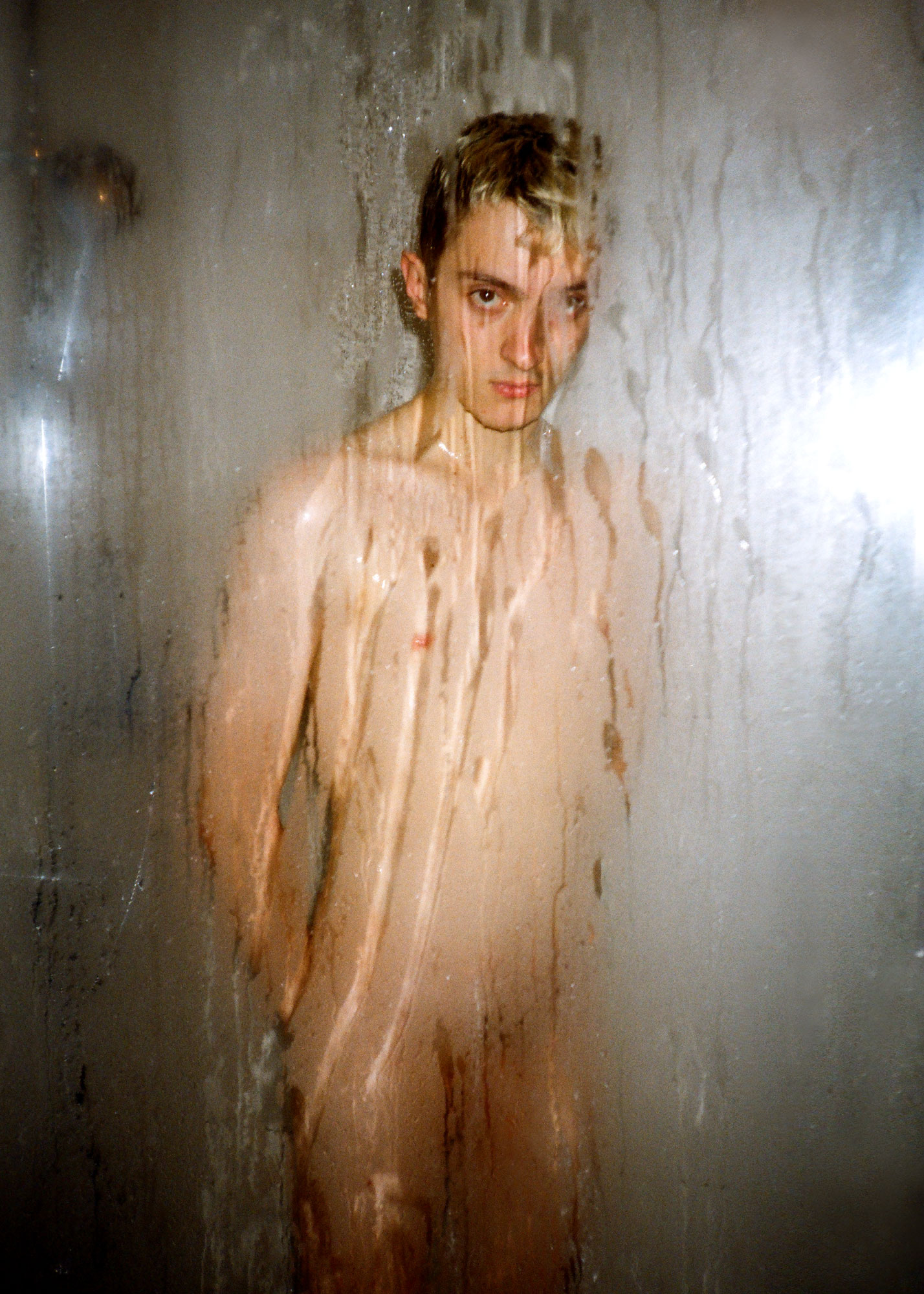
Mateusz Grzelak
Being young, Polish and queer means you can be bullied on the streets when you walk down them with your boyfriend, or on the internet when you publish queer art. Queer in Poland means being different, part of an unwanted minority. But people who want change give me hope for the future – whether they express themselves via photography, art, music, standing in front of parliament screaming about our rights, or simply by posting on Facebook. Love to me is a deep feeling, it’s about being yourself with your better half, it’s about trust and, of course, it’s about experiencing desire and passion.
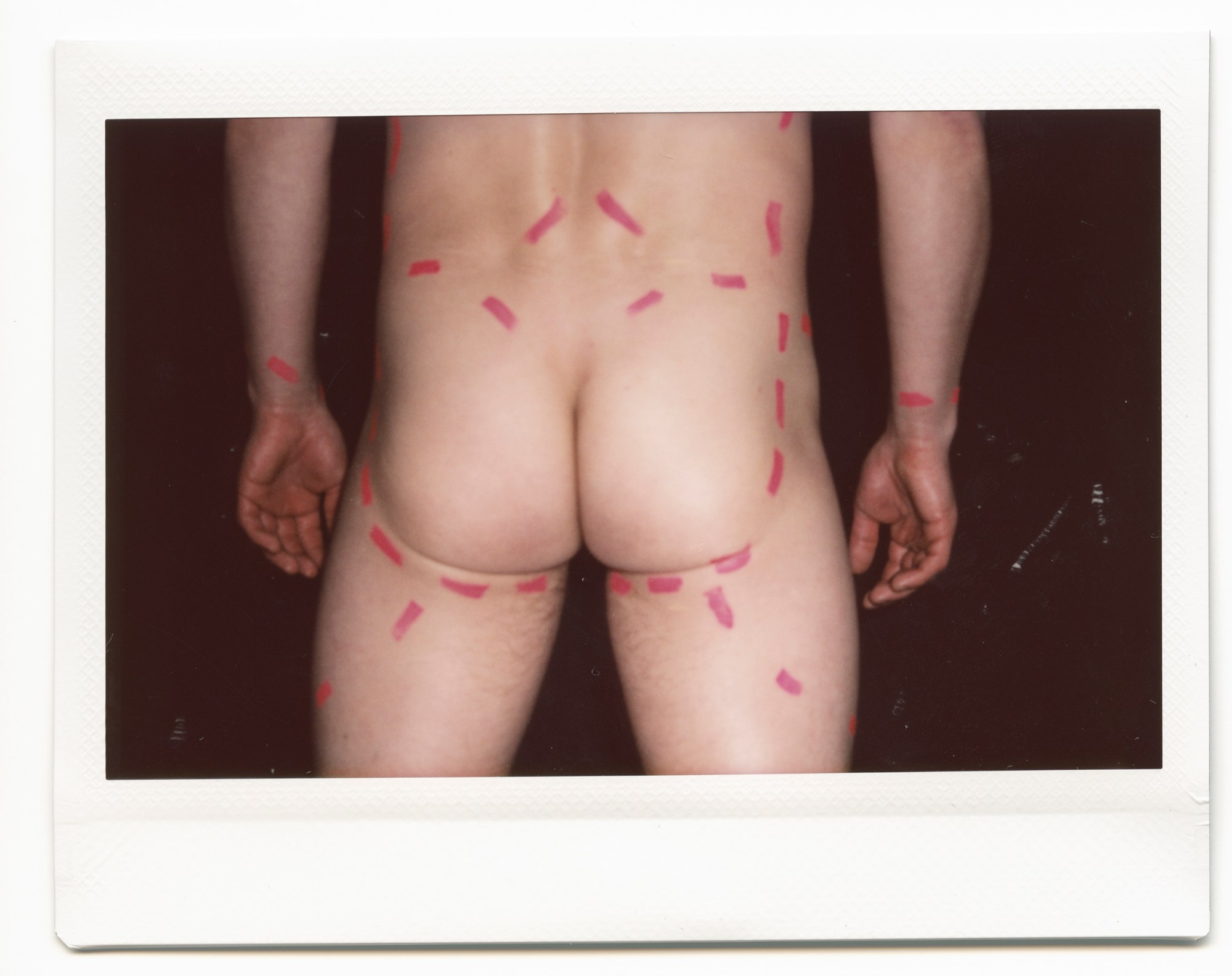
Mateusz Cyrankowski
Being young, Polish and queer means living in state of constant tension. Poland is a country of strong divisions, in which the church and the political right wants to take the country back to the 19th century. The progressive part of society wants to live to Western standards, but in fact, homophobia is present all the way from the Right to the Left.
What gives me hope for the future is probably the fact that we’re seeing the LGBTQ community rise up and find its identity and strength. Parades and equality marches are increasing in frequency across Poland, we have our first openly gay mayor, Robert Biedron, and many women’s organisations are fighting for their rights on the streets.
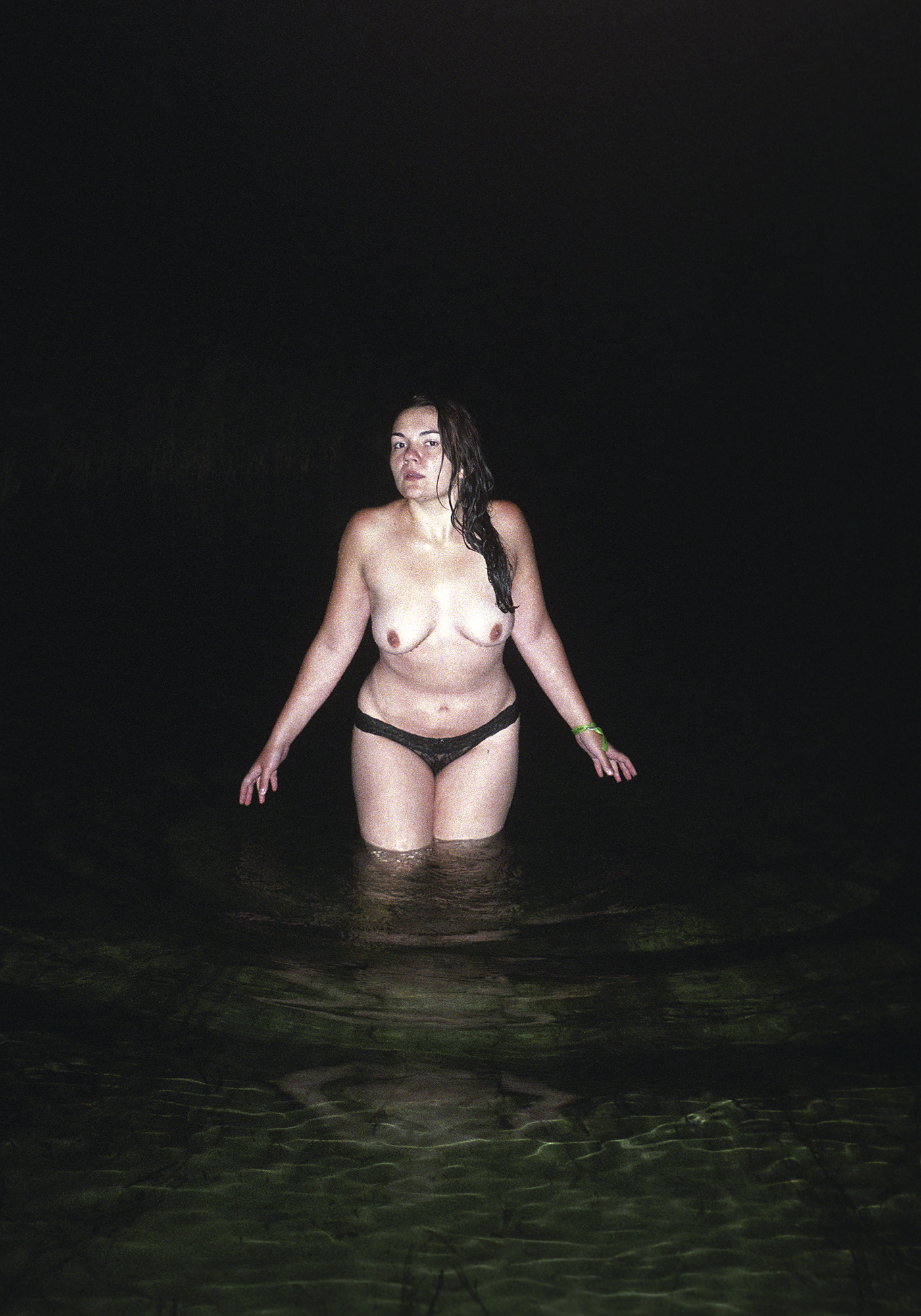
Agata Kalinowska
Being young, Polish and queer is definitely easier now than it was in 2006 when I came out. You can live as a queer person in a big city these days — we’ve got gay bars now. But, there are always football hooligans and so-called patriots, who think they are defending “Polish values”.
What’s most valuable about queer communities is their creative power. We’ve become really good fashion designers, photographers, musicians, writers. We keep culture fresh and alive, but you have to be really determined if you are going to create space for yourself to do that. Fighting for our rights has brought us closer together. We have more empathy, and thanks to social media, the government can’t slow us down.

Krystian Lipiec
Being young, Polish and queer doesn’t mean much, to be honest. My daily routine revolves around trivial and common things; work, home, bills, taxes. In this everyday struggle, I tend to even forget that I don’t have the same rights as the heterosexual majority. However, sometimes my boyfriend tries to cuddle me in public and I go stiff out of fear for our safety. I want the hug of course, but at the same time I am too paralysed to reciprocate.
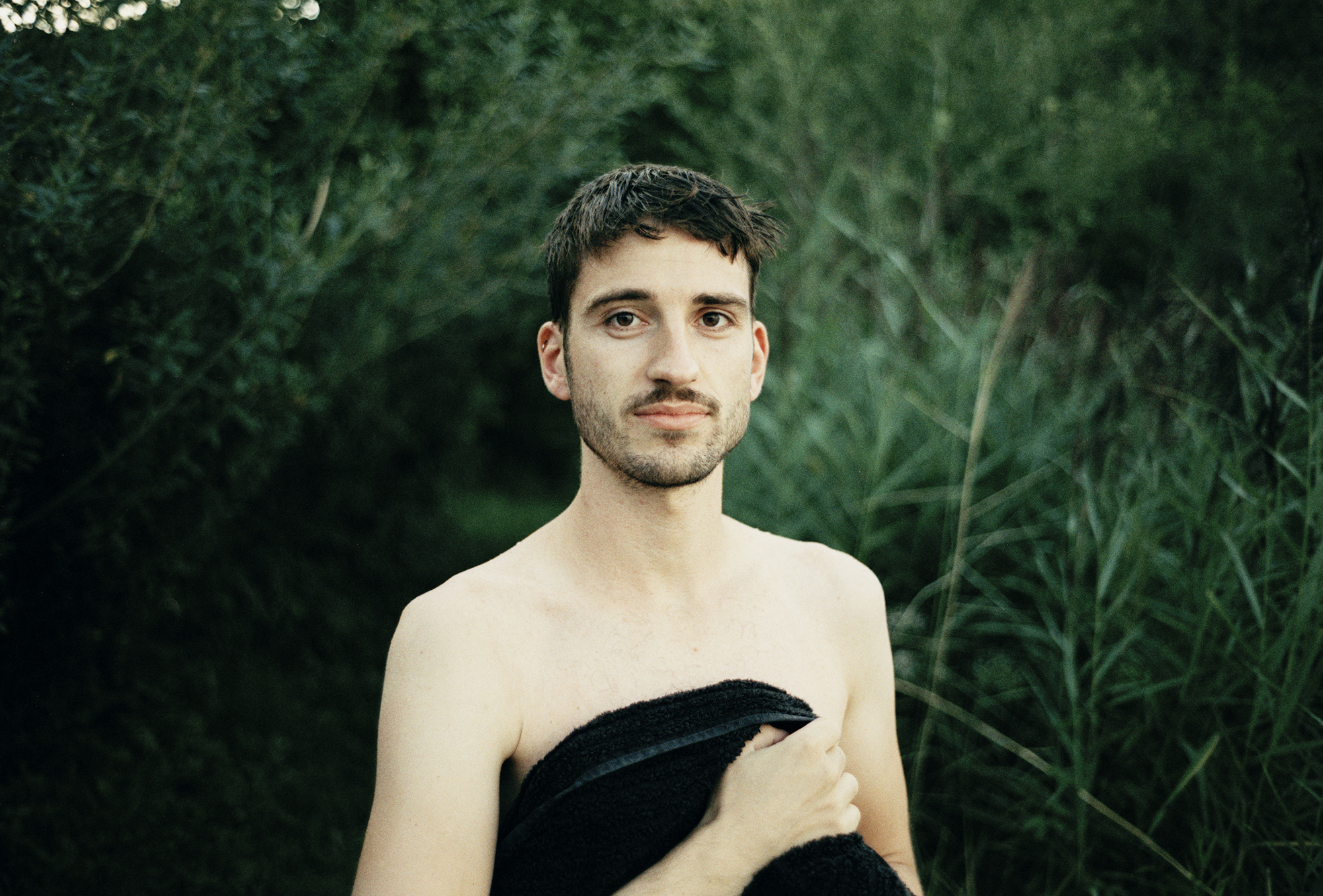
Oiko Petersen
Being young, Polish and queer means, well, I’m not that young anymore! I live in Berlin now, which definitely makes it easier to be queer. In light of political choices Poland has taken in the last two years, it is somehow shameful to be Polish in 2018, but I have not made those choices, and actually have nothing to do with them, so why take responsibility for it?
What gives me hope for the future is the potential of change that we’re all capable of.
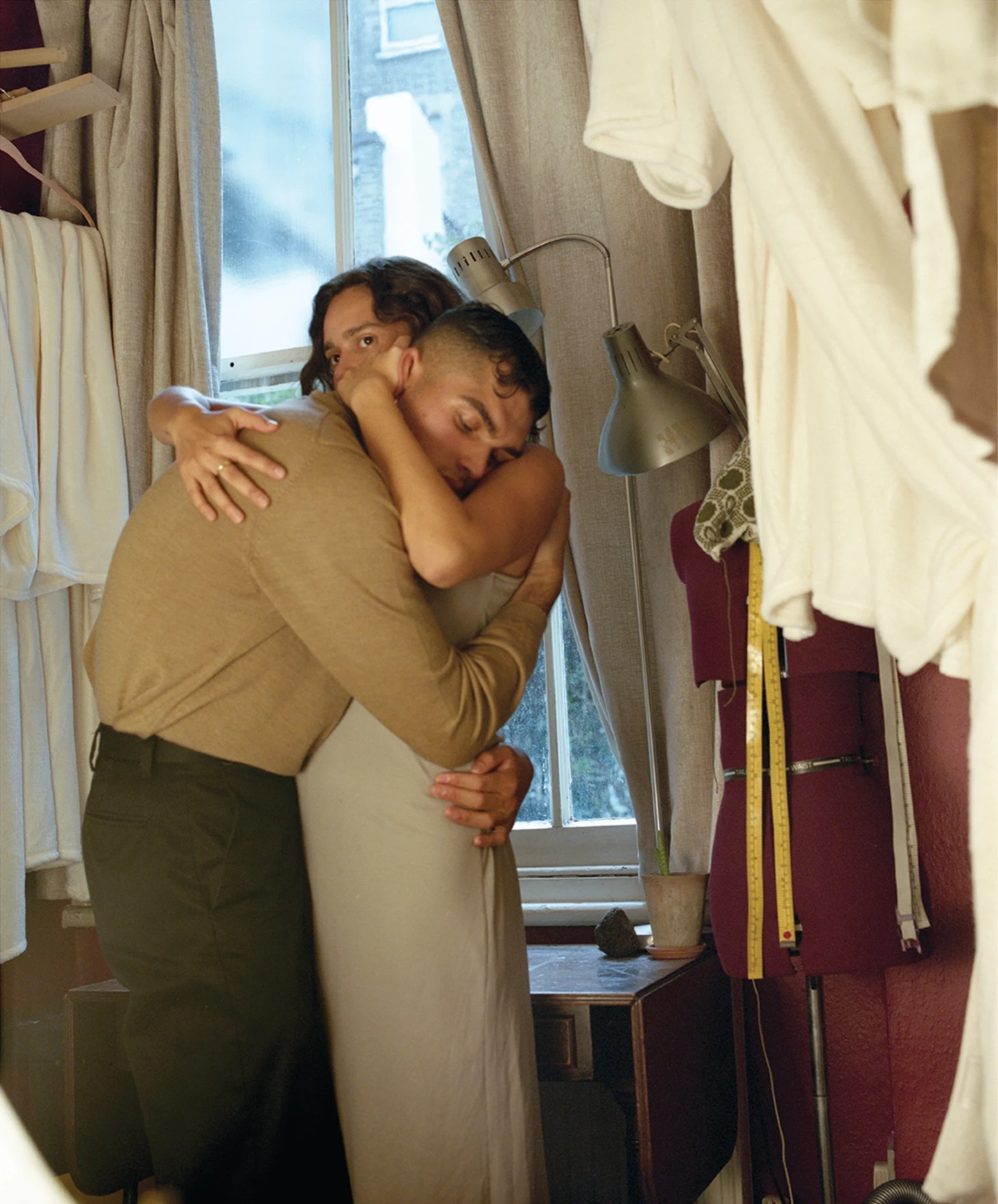
Natalia Podgórska
Being young, Polish and queer means knowing everything about the world surrounding you, and being aware that there are people like you who suffer persecution somewhere in the world, even as close as in Russia. It also means knowing that your other neighbours, like Germany, have legalised gay marriage. My experience is a bit different to that of people who grew up queer in Poland and stayed. Shortly after turning 21, I moved to London. I come back to Warsaw quite often, but only experience being gay in Poland through those vignettes or through Polish social media (including the accounts of members of my more distant family, that for some reason I haven’t blocked yet).
I hope that, as humans, we truly are similar to each other, and that everyone is as tired of being full of hate and fear as I am. My only evidence of change is looking at my nephew. He is so much smarter and calmer than I was at his age.
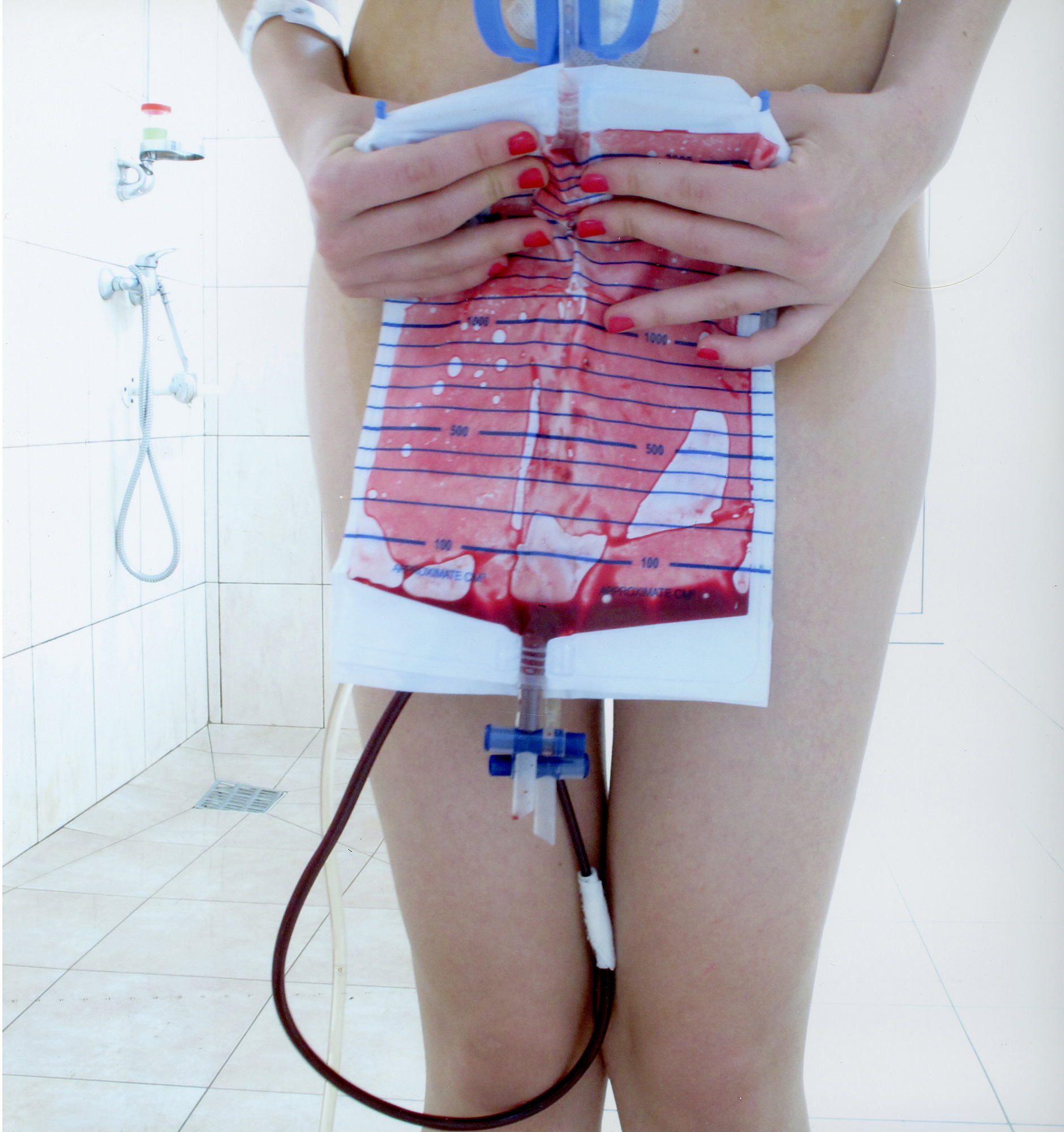
Pamela Bożek
Being young, Polish and queer is not too bad, if you know how to deal with it. There is still a lot to uncover about this identity, but there is something interesting about being queer in 2018. I have had the experience of a same-sex relationship and had a child, but I have also been in a straight relationship. The difference is vast. I have lived two different lives. It would take too much time to compare those lives, but things are certainly easier when you are a woman, especially a mother, loving a man. But I believe in the power of education, so I am hopeful for change.
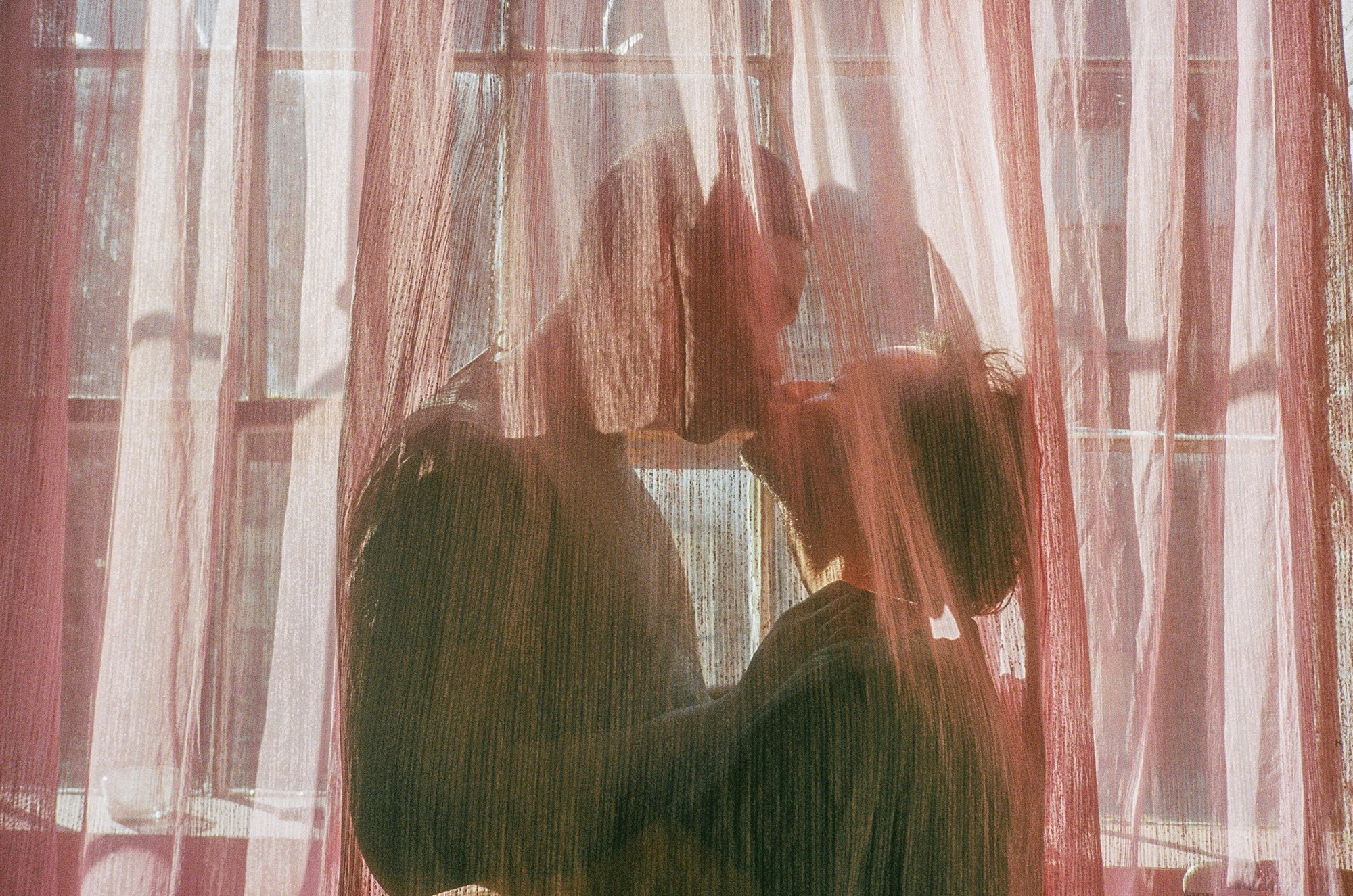
Kinga Michalska
What gives me hope for the future of Poland is seeing the word “queer” being used more and more often. Knowing some trans people who are out. The support of my family. Last year, I discovered a Queerowy Maj festival in Krakow — their super-political and progressive programme gave me a space to learn. It’s a festival that is DIY, self-funded and offers two weeks of rad cultural, education, social and artistic activities, for free. It’s also knowing that we have a small but thriving drag and vogue scene growing in Poland, and each year having less and less neo-Nazis attacking Pride.
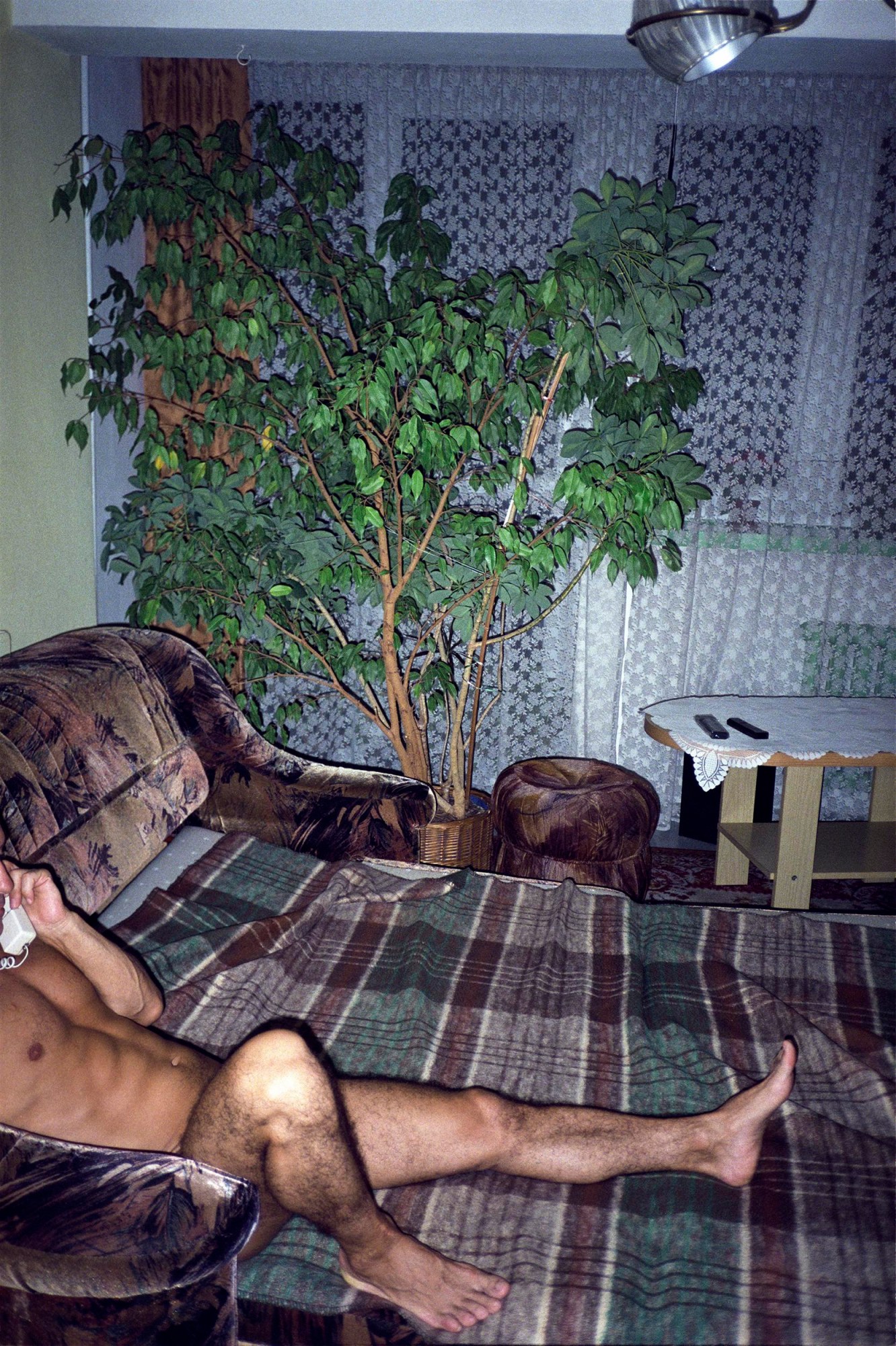
Łukasz Rusznica
Being young, Polish and queer means… I’m not young anymore so this problem has since resolved itself for me personally long ago. But obviously I think the interaction between me and this “new kind of Polishness” is problematic. The government, with its promotion of a specific, narrow-minded kind of mentality, propagates the oppression of every Polish person. On the other hand, I am fully aware that we shouldn’t demonise “Polishness”, and that the only way to resist this is to be honest and authentic. You have to rediscover your surroundings, your local space — the people who live next door to you, and not be a dickhead. Not being a dickhead is our small contribution to a better world.
Queer Gaze from Poland: A Portrait of Love and Desire is organised by independent photography platform Fresh From Poland and takes place at Bermondsey Project Space from 22 to 26 May 2018.
